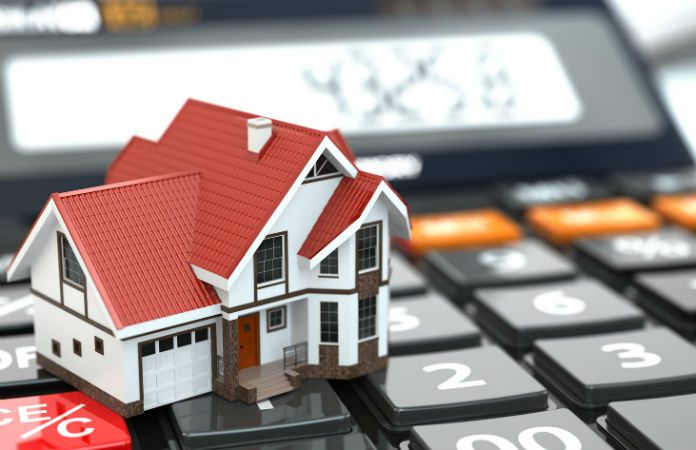It is no coincidence that a lot of personal wealth is underpinned by a real estate investment portfolio that has managed to grow over the years and often increase in value at a faster rate than a number of other investment opportunities.
Whether you are thinking of investing in luxury homes or creating a portfolio of smaller rental properties, it all takes an element of planning and calculated risk to be able to set yourself on a path to financial success.
Property development can be a fulfilling career or even a potentially lucrative part-time business that puts your money to work in a productive way, but you need to have a plan and a viable strategy if it is all going to come together and deliver a profitable return.
Here is a look at the key steps you often need to take in order to build the foundations of a viable property development business.
Every business needs a plan
As the saying goes, if you fail to plan, you plan to fail, and that could well be the case if you don’t develop a realistic and workable business plan for your real estate venture.
It doesn’t really matter whether you are only intending on starting a part-time property business or going at it all out, the same rules apply, which is that you have to be confident that your figures stack up before you commit cash to any project.
There are a number of key considerations that you have to address and these include working out what type of real estate you want to invest in and whether you are buying to hold or want to turn a property around for a quick profit.
What is your exit strategy?
When it comes to property development it is hugely important to have a clear idea in your mind with regard to what your exit strategy is going to be.
Whether you are buying to rent out and generate a monthly rental income or buying to sell for a profit after carrying out repairs and upgrades, either of these specific strategies requires careful planning.
Your goals will drive your actions and if you are trying to buy a property cheaply to sell it at a profit as soon as it has had a makeover, this will require an entirely different line of thinking compared to investing with a view to building a rental property portfolio.
Work out what your business exit strategy is at the beginning and let this decision lead you on the right path to success.
Know how to work out your margins
When it comes to investing in rental properties the rental yield is probably the most important figure that you need to calculate correctly.
The magic number as far as a lot of real estate investors and developers is a yield of 10% or more. The way to calculate the yield on a property is to work out what the annual rental income is likely to be in comparison to the overall value of the property.
Using this calculation should help you to avoid property deals where the yield is to low and you might struggle to make enough profit to cover rental voids and annual repair costs.
If you are buying a property to turn it around for a profit you need to calculate how much profit you can generate.
A good figure to aim for is a return on investment of about 30%.
Ideally, you want to find a property that you can buy at a price that allows you to pay for repairs and improvements needed and still allows you to sell at a value that covers all of your costs and delivers a profit that equates to 30% more than the price you originally paid.
Appreciate the value of a good location
Almost everyone in real estate appreciates how highly relevant a property’s location is in terms of value and potential for capital growth.
If you are going to be a successful property developer the real trick is finding a location that is up and coming but prices in the area don’t yet reflect this fact.
If you buy a property in a location that is already rated highly, that is a safe strategy but you will probably pay a premium for the privilege.
Look for areas where growth is possible or infrastructure improvements are scheduled and you will be thinking like a property developer.
Take your time
Property development is not a business that often rewards the impetuous unless you get a lucky break, so learn to take a considered approach and give yourself time to weigh all the considerations up before you commit to a deal.
Property development involves doing some serious research and making some accurate calculations to evaluate if a project will deliver a return.
Think about your target market
It can often be the case that successful property developers develop a niche and concentrate their efforts and money on one specific area of real estate investing, such as buy student rental properties, for example.
If you tailor your strategy to concentrate on one specific sector or type of investment you could soon find you develop a level of knowledge that gives you an edge over other investors who try to cover too many bases.
A line of credit
Finally, even if you have some financial resources of your own to use as a base for your property development business you will also need to have a suitable line of development finance in place if you are going to grow the business and take advantage of situations when they arise.
Aim to develop a relationship with property finance professionals who can help you get the funds you need at the best possible rates.
Also, make sure you know the tax implications of any type of deal as this could influence the way you structure your finance deals.
Running a property development business can be lucrative and rewarding if you get it right, and that means creating a realistic business plan, understanding your market, having access to funds, and appreciating the risks as well as the rewards.
























































